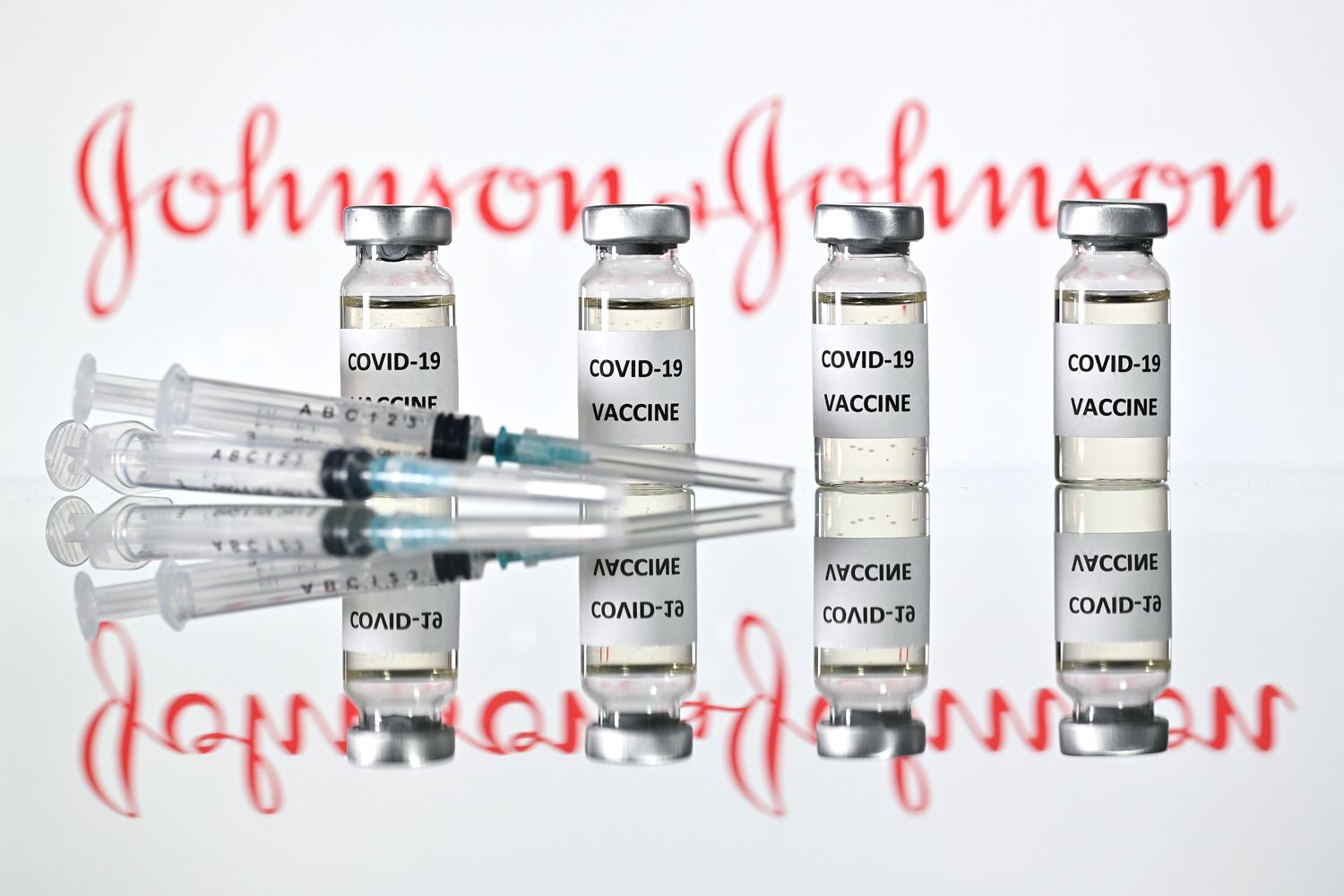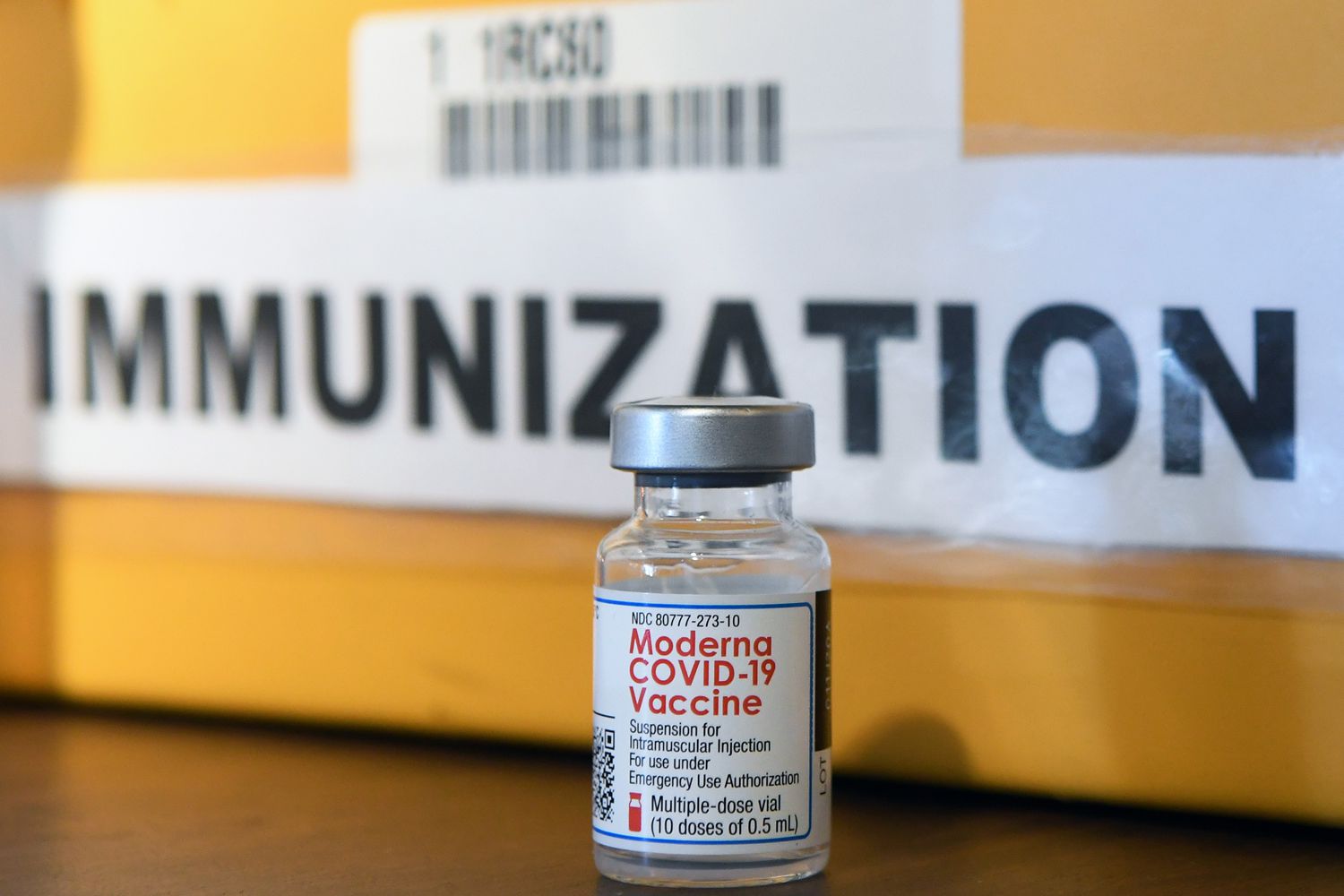
Johnson & Johnson's single-dose vaccine has inched one step closer to its authorization for emergency use.
On Wednesday, the Food and Drug Administration released a report confirming that the vaccine is 66% effective at preventing moderate to severe COVID-19.
The agency also said there were "no specific safety concerns" posed by the vaccine and the data is "consistent with the recommendations set forth in FDA's guidance Emergency Use Authorization for Vaccines to Prevent COVID-19."
The report will be used to brief the FDA's Vaccines and Related Biological Products Advisory Committee, which will meet Friday to evaluate the data and recommend if the vaccine should be authorized.
If the committee endorses the vaccine, which it is expected to, the FDA commissioner is able to authorize the one-dose shot within a few days.
Unlike the already rolled out Pfizer and Moderna vaccines, the J&J vaccine only requires one shot instead of two.

The J&J vaccine is also able to last three months in the refrigerator, while the Pfizer and Moderna vaccines must be kept frozen, according to the Associated Press.
Though the overall effectiveness of the J&J vaccine isn't as strong as Pfizer and Moderna's numbers, 95% and 94%, respectively, infectious disease experts said it is impossible to draw direct comparisons as J&J is a single dose and trials were conducted when there were more variants and infections, CNBC reports.
On Tuesday, a J&J executive told Congress that 4 million doses of the vaccine will be available in the U.S. once the vaccine is granted an emergency use authorization, according to NPR.
Never miss a story — sign up for PEOPLE's free weekly newsletter to get the biggest news of the week delivered to your inbox every Friday.
He added that a total of 20 million doses would be ready by the end of March and J&J would be able to deliver 100 million doses by the end of June.
According to the Associated Press, about 44.5 million Americans have already received at least one shot of the Pfizer of Moderna vaccine and nearly 20 million have gotten their second dose.
As information about the coronavirus pandemic rapidly changes, PEOPLE is committed to providing the most recent data in our coverage. Some of the information in this story may have changed after publication. For the latest on COVID-19, readers are encouraged to use online resources from the CDC, WHO and local public health departments. PEOPLE has partnered with GoFundMe to raise money for the COVID-19 Relief Fund, a GoFundMe.org fundraiser to support everything from frontline responders to families in need, as well as organizations helping communities. For more information or to donate, click here.
Source: Read Full Article